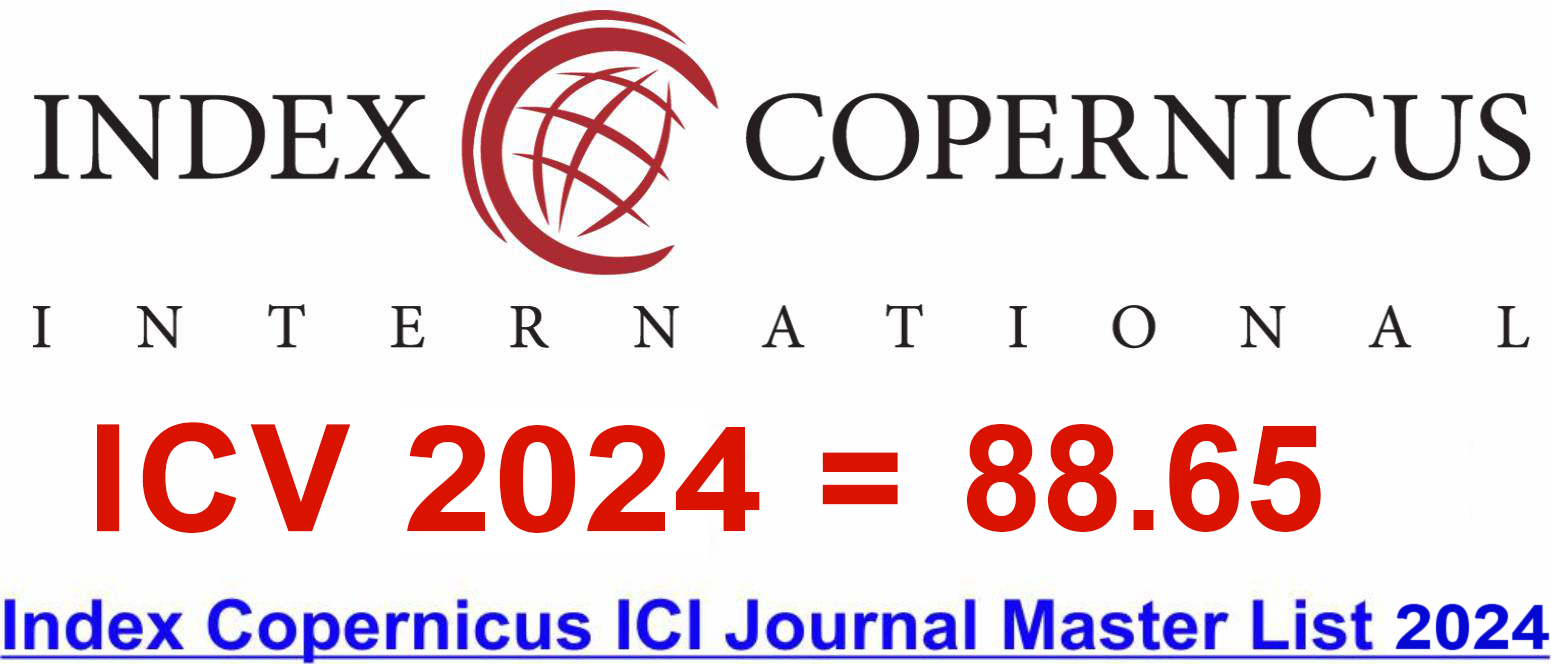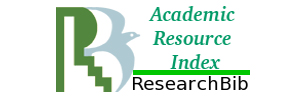Abstract
Despite increased efforts by non-governmental organizations, universities, and governments to save species in recent decades, several hazards persist, continuing to diminish their populations and even driving them to extinction. The escalating human utilisation of natural resources is primarily responsible for the depletion of biodiversity. Consequently, conservation specialists must investigate the underlying factors that drive human behavior in order to effectively address this issue. Social psychologists studying decision-making recognize the use of mathematical theories to explain human decision-making processes. However, they also acknowledge that individuals do not consistently exhibit financially rational behavior. Instead, personal factors such as attitudes and perceived social pressure can significantly influence decision-making. The researchers are exploring the application of the social-psychological theory of behavior in the contexts of ecological sustainability and natural resource management. Numerous studies mostly focus on general attitudes towards conservation rather than specific attitudes towards conservation-related activities, hence limiting their applicability in formulating interventions aimed at modifying these behavioural patterns. Adopting a narrower definition of the behavior under investigation and examining attitudes within the framework of other social-psychological indications of behavior can lead to a more comprehensive understanding of conservation-relevant behaviours and the development of more effective interventions to influence them. These indicators may include consumer attitudes, the presence of supporting factors, and moral obligation.
References
- Dobson AD, De Lange E, Keane A, Ibbett H, Milner-Gulland EJ. Integrating models of human behaviour between the individual and population levels to inform conservation interventions. Philosophical Transactions of the Royal Society B. 2019 Sep 16;374(1781):20180053. https://doi.org/10.1098/rstb.2018.0053
- Kareiva P, Marvier M. What is conservation science?. BioScience. 2012 Nov 1;62(11):962-9. https://doi.org/10.1525/bio.2012.62.11.5
- Gintis H. Towards the unity of the human behavioral sciences. Politics, Philosophy & Economics. 2004 Feb;3(1):37-57. https://doi.org/10.1177/1470594X04040188
- Du M, Basyouni R, Parkinson C. How does the brain navigate knowledge of social relations? Testing for shared neural mechanisms for shifting attention in space and social knowledge. NeuroImage. 2021 Jul 15;235:118019. https://doi.org/10.1016/j.neuroimage.2021.118019
- Milner-Gulland EJ. Interactions between human behaviour and ecological systems. Philosophical Transactions of the Royal Society B: Biological Sciences. 2012 Jan 19;367(1586):270-8. https://doi.org/10.1098/rstb.2011.0175
- Tandel GS, Tiwari A, Kakde OG. Performance enhancement of MRI-based brain tumor classification using suitable segmentation method and deep learning-based ensemble algorithm. Biomedical signal processing and control. 2022 Sep 1;78:104018. https://doi.org/10.1016/j.bspc.2022.104018
- Caprara GV, Alessandri G, Di Giunta L, Panerai L, Eisenberg N. The contribution of agreeableness and self‐efficacy beliefs to prosociality. European Journal of Personality: Published for the European Association of Personality Psychology. 2010 Feb;24(1):36-55. https://doi.org/10.1002/per.739
- Comberti C, Thornton TF, De Echeverria VW, Patterson T. Ecosystem services or services to ecosystems? Valuing cultivation and reciprocal relationships between humans and ecosystems. Global Environmental Change. 2015 Sep 1;34:247-62. https://doi.org/10.1016/j.gloenvcha.2015.07.007
- Bawa KS, Sengupta A, Chavan V, Chellam R, Ganesan R, Krishnaswamy J, Mathur VB, Nawn N, Olsson SB, Pandit N, Quader S. Securing biodiversity, securing our future: A national mission on biodiversity and human well-being for India. Biological Conservation. 2021 Jan 1;253:108867. https://doi.org/10.1016/j.biocon.2020.108867
- Casey BJ, Cannonier T, Conley MI, Cohen AO, Barch DM, Heitzeg MM, Soules ME, Teslovich T, Dellarco DV, Garavan H, Orr CA. The adolescent brain cognitive development (ABCD) study: imaging acquisition across 21 sites. Developmental cognitive neuroscience. 2018 Aug 1;32:43-54. https://doi.org/10.1016/j.dcn.2018.03.001
- LinLin S, Agarwal N. A Study To Experiment The Communicative Abilities Of Chinese Students At Memorial University. Educational Administration: Theory and Practice. 2024 Apr 25;30(4):9959-64. https://doi.org/10.53555/kuey.v30i4.6089
- Eze NM, Asogwa OC, Eze CM. Principal component factor analysis of some development factors in Southern Nigeria and its extension to regression analysis. Journal of Advances in Mathematics and Computer Science. 2021 Apr 24;36(3):132-60. https://doi.org/10.9734/jamcs/2021/v36i330351
- Shareef TH, Rashid BN, Faraj AA. Factors affecting customer satisfaction with Internet services in Sulaimani Governorate, KRI. Passer Journal of Basic and Applied Sciences. 2023 Jun 1;5(1):134-43. https://doi.org/10.24271/psr.2023.378420.1209















